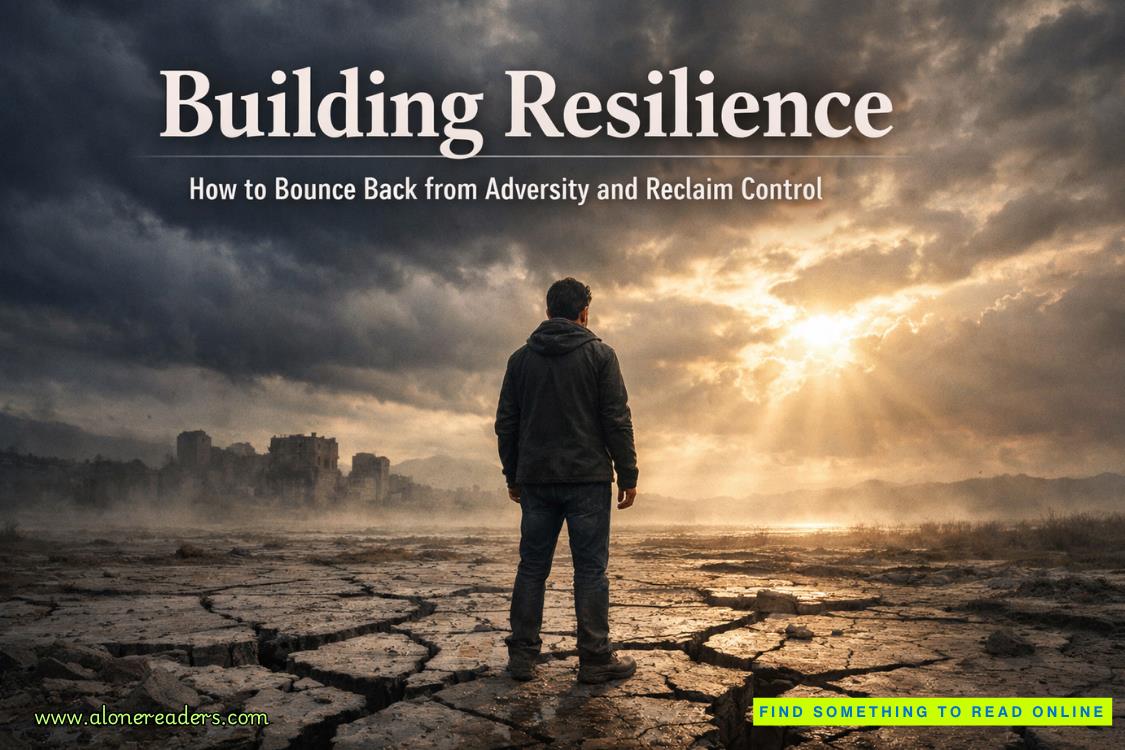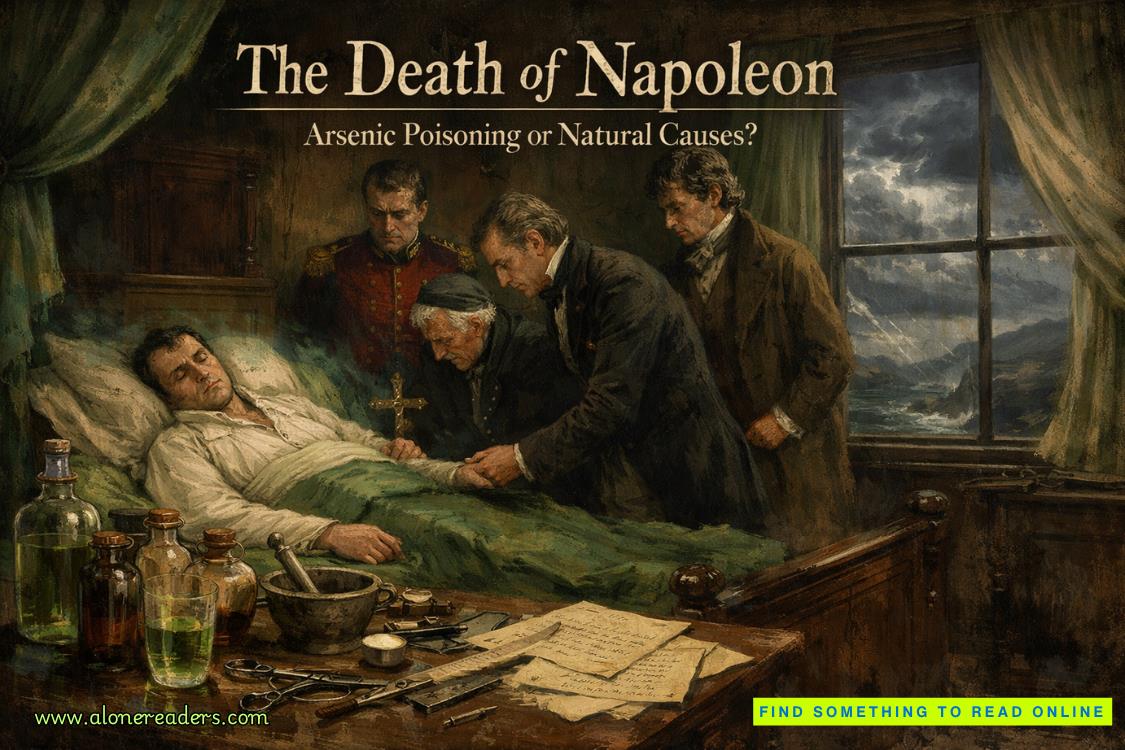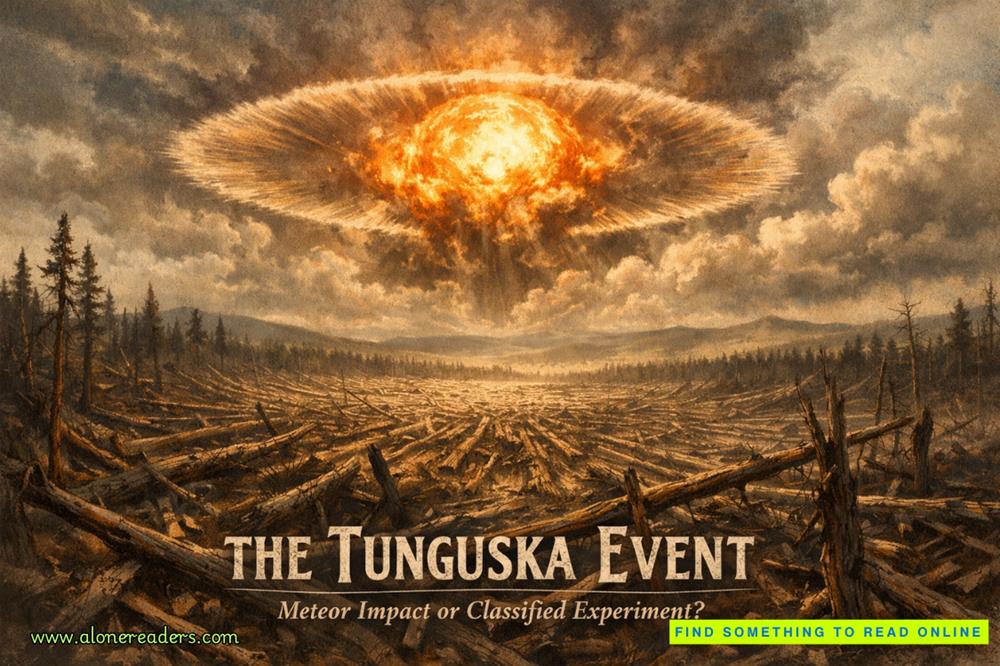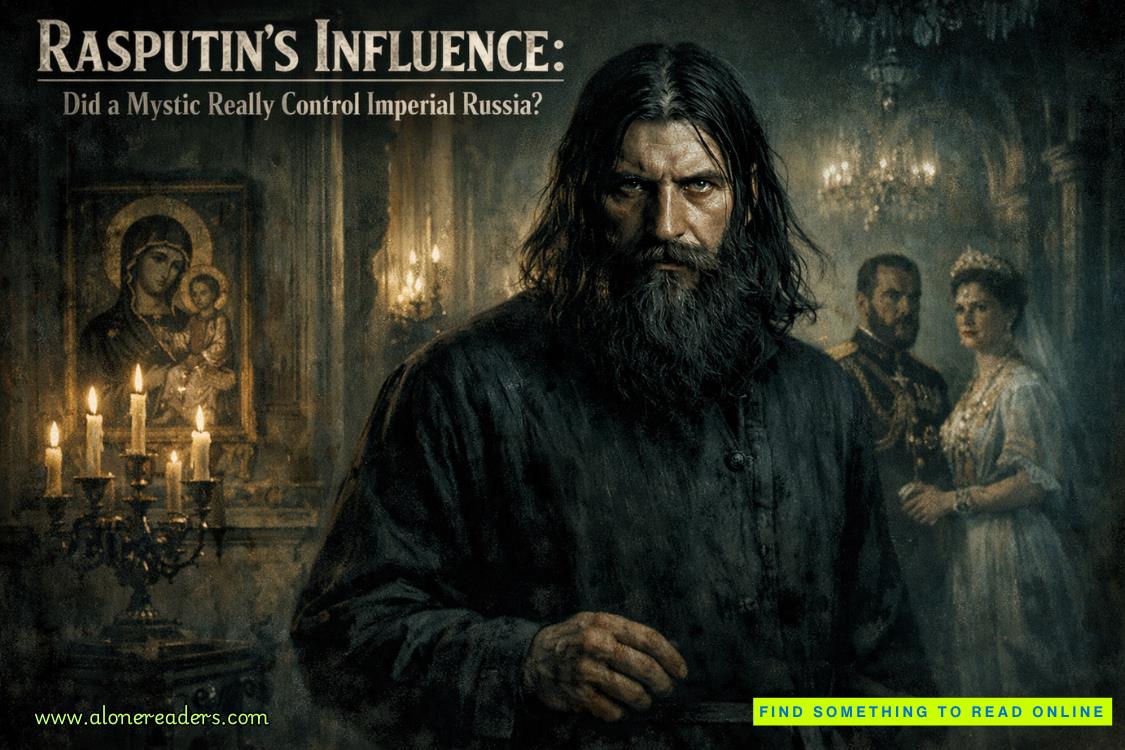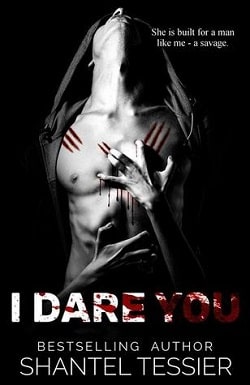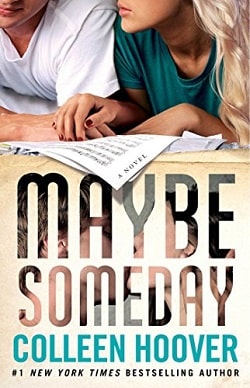Our tail was ten paces behind now. Too close—and getting closer.
I moved to the kiosk, scanned the buckets. My heart ticked once, then twice.
There it was.
One blue carnation, wedged between two anemic-lookinggoldenblossoms.
I handed the vendor a few forints and pointed to a bundle of lavender. She smiled, wrapped them in paper, and said nothing about the fact that I hadn’t chosen the flower we both knew I was looking at.
We turned, walked away, and let the city close behind us like a curtain. We didn’t speak until we were several blocks away.
“Dusk,” Will said.
“Dusk,” I confirmed.
“We ready?”
“We better be.”
The man behind us paused at the corner and lit a cigarette.
Dinner was too warm, too loud, and altogether too normal for four people living on the edge of being disappeared. The restaurant smelled of butter and roasted garlic, and the candles on the table flickered every time the front door opened to let in another burst of bitter winter air. The place was full enough to mask conversation but quiet enough for us to recognize every patron within a ten-foot radius.
Egret was telling some outlandish story about a Polish informant, a bowl of soup, and a misplaced cyanide capsule. Will laughed too easily. Sparrow smirked without looking up from her glass.
I played the part of the quiet Brit in the corner, which required very little effort.
None of us ate much.
The check came. No one lingered.
As planned, we stood and exchanged a few casual goodbyes as if splitting for separate nightcaps or cigarettes in the cold.
Sparrow wandered left.
Egret ducked toward an alley.
Will adjusted his gloves and crossed the street.
I turned right and slipped behind a tram just as it hissed and rolled away.
By the time I reached the market square, the cold had crept through every stitch of wool in my coat. The air was iron-sharp. I was fairly certain no one had followed me.
Three blocks down, I spotted Will waiting in the shadows of a church façade, cap low, scarf pulled high.
“We clear?” he asked once we were in whispering distance.
“Looks that way.”
“You trust the split to hold?” he asked, referring to our four-way attempt at baffling our minders.
“I trust the chaos we built into it.”
We said nothing else. Just walked.
Our meeting point was a disused train platform, once reserved for military dispatches, now left to rust beneath the skeletal canopy of a half-collapsed roof. The walls still bore the faded insignia of an empire long gone. Bullet holes pocked the bricks where executions may have happened, or maybe careless training drills.
We approached the far edge of the platform where an old ticket window, shuttered and blackened by smoke, overlooked the tracks. The siding there dipped low, obscured from the street above by a line of boxcars frozen in place since the armistice.





